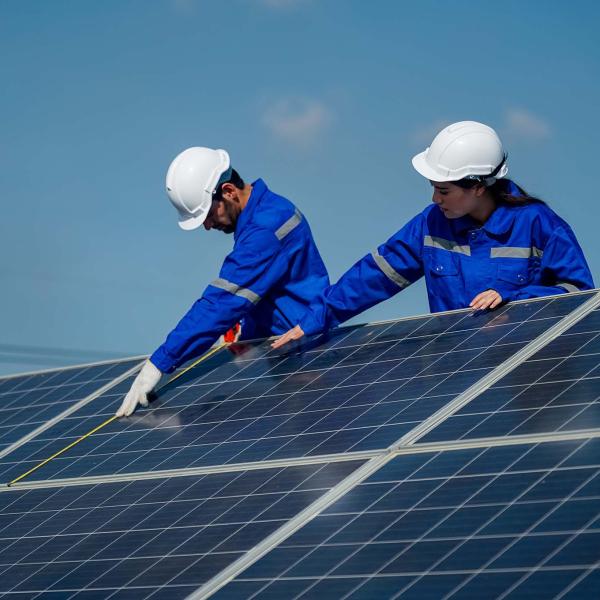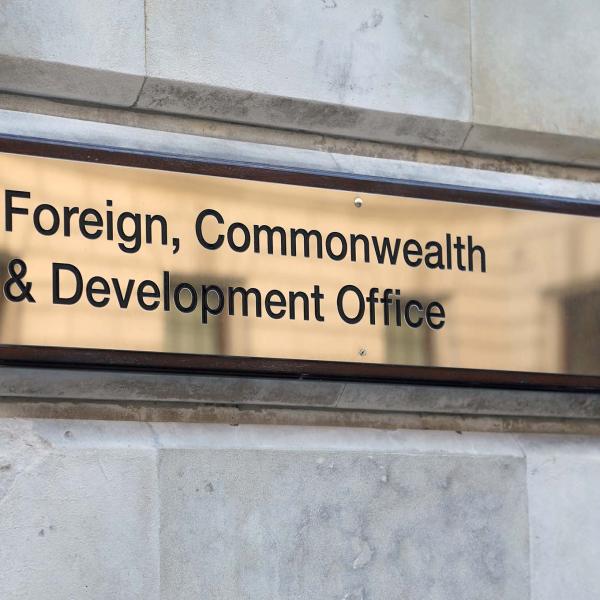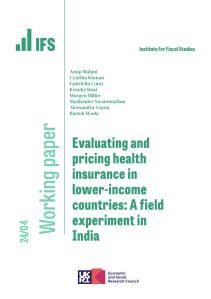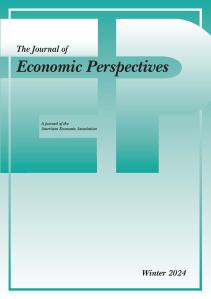We study how family networks affect informal insurance and investment in poor villages. We use panel data from the randomized evaluation of PROGRESA in rural Mexico and exploit the information on surnames to identify extended families. Using exogenous income variations, we show that members of an extended family (connected) share risk with each other but not with households without relatives in the village (isolated). In addition, connected households invest more in their children’s human capital when hit by a positive income shock, the PROGRESA transfer, and disinvest less when hit by a negative health shock. Such a higher level of investment is long-lasting, and increases long-term consumption. At the same time connected households achieve almost perfect insurance against idiosyncratic risk. These findings suggest that anti-poverty policies should take into account the familial structure of village economies.









